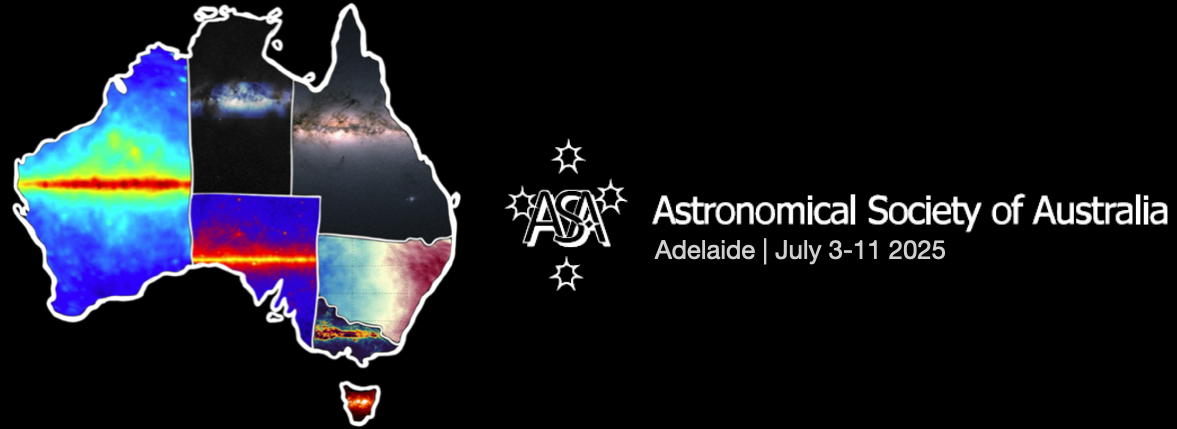Speaker
Description
Neutron stars are born with high proper motions, known as neutron star kicks. It is widely accepted that the kicks are a result of asymmetries in the core-collapse supernova mechanism, which accelerate the neutron star on the dynamical timescale of the core (~10s). In the 1970s, alternate models proposed that asymmetries in the magnetic field could slowly accelerate neutron stars by converting rotational energy into thrust on the spin-down timescale (~months-years). However, these rocket-like models quickly became disfavored as they required unrealistically rapid birth spins to explain the observed kick magnitudes.
In this talk, I will revisit the rocket mechanism in the context of binary systems. When the acceleration timescale is longer than the orbital period, there is a fundamental difference in the way orbits are altered compared to instantaneous kicks. We find that even a small contribution of rocket-like kicks combined with strong instantaneous natal kicks can allow binaries to reach period–eccentricity combinations unattainable in standard binary evolution models. This hybrid mechanism provides a natural explanation for otherwise puzzling systems, such as the wide, low-eccentricity neutron star binary Gaia NS1 and certain symbiotic X-ray binaries. Moreover, it offers a pathway to post-supernova stellar mergers on months- to years-long timescales, potentially powering peculiar high-energy transients like SN2022mop.
